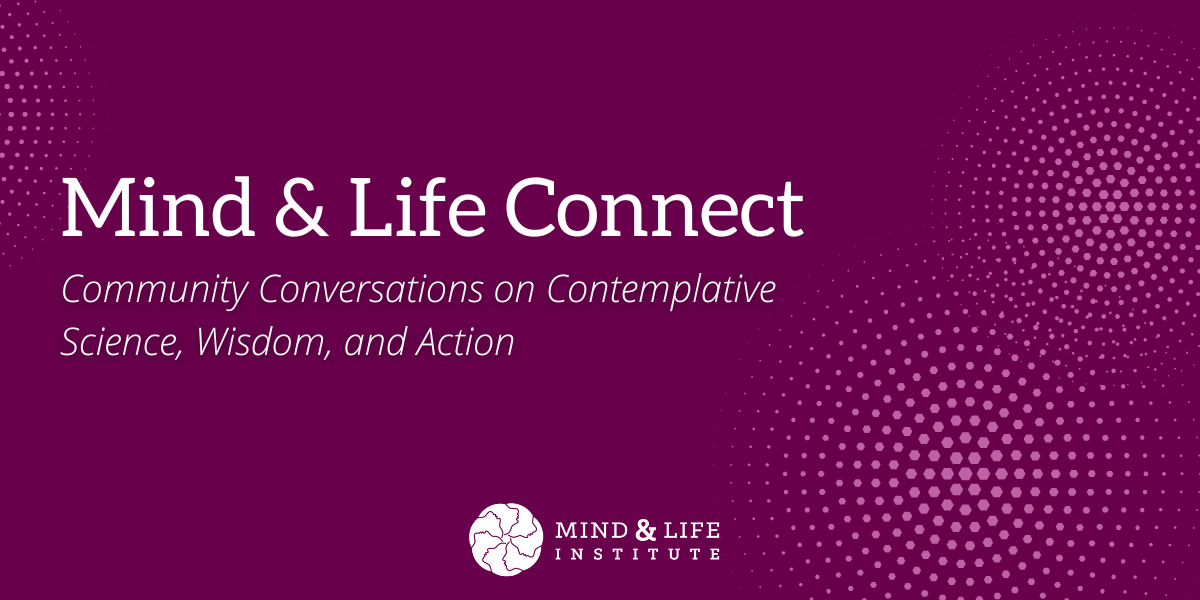Contemplative training promises relief from suffering. This claim lies at the heart of Buddhism’s Four Noble Truths, and it also emerges from decades of clinical intervention research. Through practices like meditation, we aspire to be liberated from restrictive patterns of mind that keep us from living more consciously. The mind, after all, is the home …
Search results for:
neuroscience
Self & Ethics: The Science of Altruism, Part 2
This presentation delves into the intersection of Buddhist philosophy and Western science regarding the nature of the self, exploring how our understanding of self-construction and interdependence influences our interactions with others and behavior in the world, advocating for the adoption of altruism as a means to enact both individual and societal change towards a more compassionate and sustainable existence.
Day 3 Discussion
This is the discussion session with the audience at the conclusion of Day 3.
Day 3 Q&A
This is a Q&A session with the audience at the conclusion of Day 3.
Day 2 Q&A with Monastics
This is a Q&A session with the audience at the conclusion of Day 2.
Examining the Perception of Body Sensations: Correlating Aspects of Perceptual Processes with Mind, Self, and Basic Physiology
In this presentation, Catherine Kerr will discuss work by her lab and others that shows how focused mental attention rapidly shapes perception of body sensations by influencing neurons in the basic somatosensory processing network in the brain.
Project Prakash: Merging Science and Service
This presentation will describe Project Prakash as a prototype of what such initiatives might look like in the confluence of a crucial humanitarian mission and a fundamental scientific quest.
Does our Perception Mirror Reality? Theories of Perception in Buddhist Epistemology
This presentation will situate Buddhist epistemology in its historical context, and focus on two points: 1) how perception is defined, and 2) how the insistence on perception being free of conceptuality raises important tensions within Buddhist epistemology, especially for the key question of how our perception and thought interact in creating an integrated cognitive experience of the world.
Introduction
We will introduce the central themes of this meeting, discussing from scientific and philosophical perspectives the key questions in the study of perception, concepts and the self that will be considered this week.
Mind & Life Connect – Session 8
Session 8 transcript now available In this session, Gail Parker, PhD, a clinical psychotherapist and certified yoga therapist, shares her expertise in integrating psychology and yoga therapy, particularly within diverse communities. Neuroscientist Gabriela Torres-Platas, PhD, contributes her groundbreaking research on Tibetan Dream Yoga. Both practices of restorative yoga and Tibetan Dream Yoga may seem divergent …



